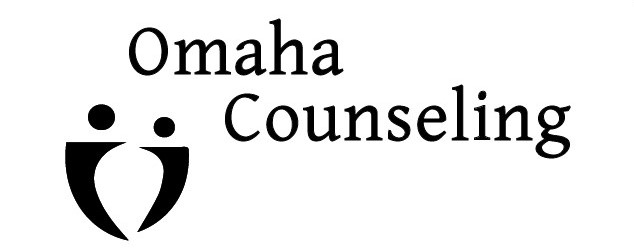By now, I’m sure you’ve heard about Baltimore Ravens player Ray Rice assaulting his then-fiancé (now wife); you might have even seen the graphic video of Rice hitting and knocking out Janay Rice and then dragging her body out of the elevator.
Much of the talk surrounding the incident includes whether or not the Ravens responded correctly, and how the NFL is going to deal with Rice and future offenders. Others focus on shaming Janay Rice for marrying her abuser.
Hopefully, the focus will shift to the importance of helping victims of domestic violence. This sort of abuse isn’t something that just happens to celebrities or athletes, it’s occurring everywhere and it’s important to give victims options in order to get help.
If someone comes to you and tells you that they are dealing with an abusive partner, don’t ask why they are staying in the relationship. It’s a difficult situation, and the best way to help is to be there for them in a non-judgmental way.
Here are a few ways to help a friend if you suspect or know that domestic abuse is happening:
Recognize the warning signs. Has their self-confidence or self-esteem taken a major hit? It might be because of something happening at home. Look for changes in mood or personality. There may also be more obvious signs—look for bruises or clothing choices that are trying to hide marks.
Be non-judgmental. Try to respect the decisions they make. There are many reasons why victims stay in abusive relationships, and they may leave and return to the relationship multiple times. Do not criticize or guilt them. Your support might be the only thing they have.
Focus on the victim. Don’t be angry with the victim. Instead, focus on how to help them make a change. Don’t be surprised if the victim doesn’t leave the abuser right away; domestic abuse can be a slow process, and it’s important for the victim to have a friend the whole way.
And, most importantly, don’t take matters into your own hands and go accuse the abuser. Chances are you will be putting yourself and the victim in danger.
Have a plan. Have a code word that your friend can mention if they feel threatened and need you to call the police. Have a plan for when the victim is preparing to leave, or leaves and is on their own. Educating yourself on domestic abuse should also be part of the plan.
A few things to remember about domestic abuse: it can be physical, emotional, and/or mental. It doesn’t just happen to women. It isn’t just a problem to be kept between a husband and wife; sometimes, an outsider needs to help in order to get the victim away from the abuser.
If you feel that you are in imminent danger, contact the police. You can also seek help through The National Domestic Violence Hotline website or by phone (1-800-799-7233).
If you are a victim of domestic abuse and need help working through it, please don’t hesitate to contact Reka at 402-881-8125. You can also email her at reka@omaha-counseling.com. You can also follow her on Twitter or Facebook.
—
photo credit: DaveOnFlickr via photopin cc


